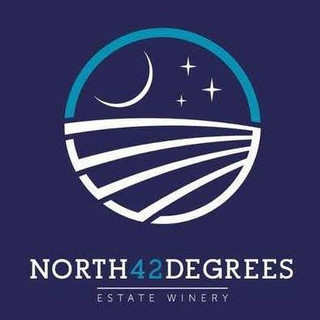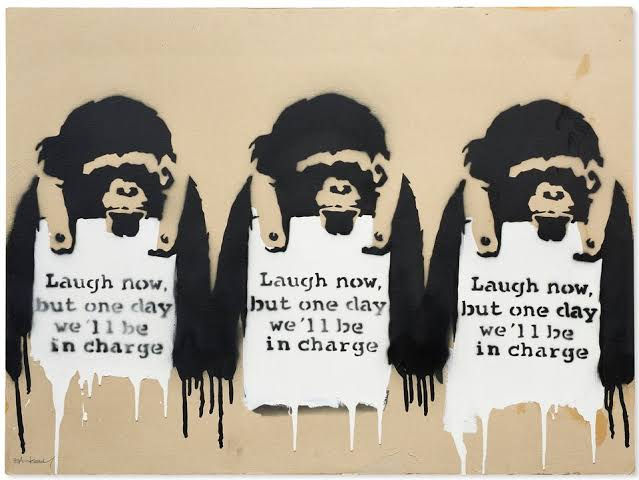Place of origin as a Trademark
- IP News Bulletin
- Jul 22, 2022
- 2 min read
In a recent Canadian judgement by the Federal Court, it was further established that trademarks including places of origin are not valid.
The Nia Wine Group Co. Ltd. v. North 42 Degrees State Winery Inc. case further interpreted the term “place of origin” to refer to any geographical designation.
The rule against using geographical names in trademarks has been in place for a long time. In 1937 an English drug company was selling a liver tonic under the registered trademark “LIVRON”, the trademark was however invalidated after finding out that Livron was the name of a French town. Even references to a geographical area like the latitude and longitude were not allowed in the case.
However, one can escape liability by arguing that the trademark, although bearing a geographical area’s name, is not geographic at first impression. The trademark can also be protected if it has acquired distinctiveness over a period of time.
Indian trademark law also prohibits the use of a name referring to a geographic are in a trademark, in section 9 (1) (b) of the Trademark Act 1999 and Rule 106 of Trademark Rules 2017. However, like Canadian law there are exceptions by which trademarks can escape invalidation.
If the Distinctiveness of the trademark and its use over the years can be proven. It can be accepted as valid by the Registrar and it can be allowed even if it includes a place of origin.
A second approach is by proving that the geographic name used in the trademark has no relation with the goods. The trademark owner would have to prove that the trademark would not lead the general public into believing it is a product of that area and that the good is so unique that no other person would use such a name for that type of a product.
The intent of the trademark legislations is to prevent trademarks “that designate the geographical origin of the goods or service”, thus if a geographical name is not the geographical origin of a good, it can be allowed in a trademark accordingly.












Comments